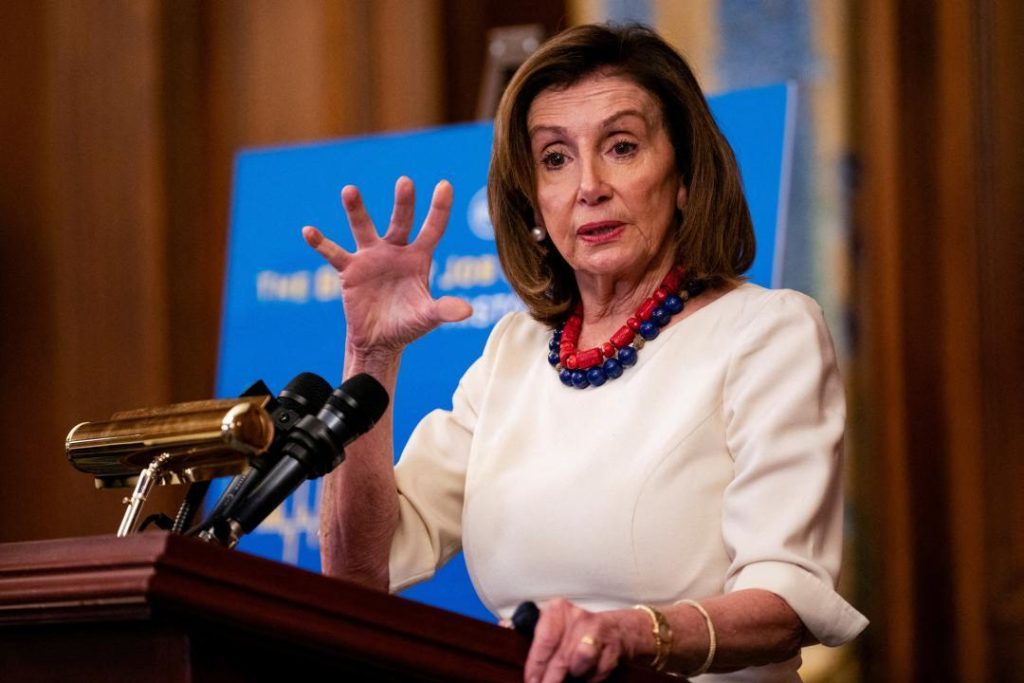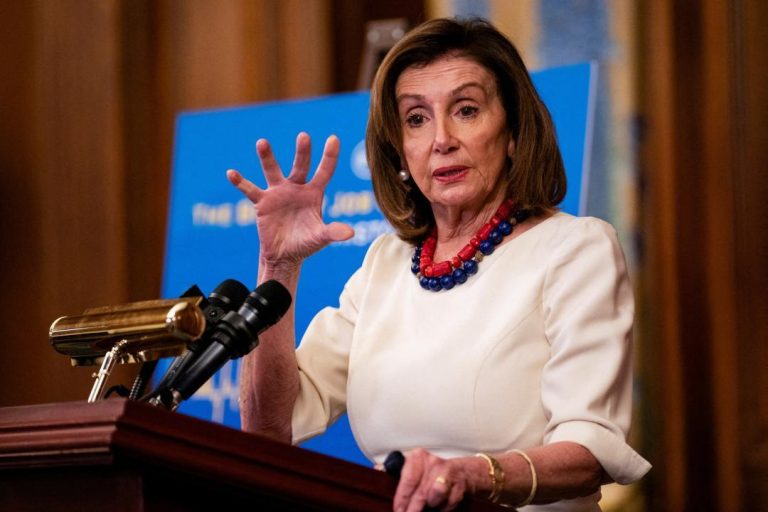
What is PELOSI Act & why is it named after former US Speaker Nancy Pelosi?
The Preventing Elected Leaders from Owning Securities and Investments (PELOSI) Act, reintroduced by US Senator Josh Hawley, aims to prohibit lawmakers and their spouses from holding or dealing in stocks while holding office. This act is a significant step towards ensuring transparency and eliminating potential conflicts of interest in the US political system.
The PELOSI Act is named after Nancy Pelosi, the former Speaker of the US House of Representatives, who has been criticized for her significant stock market gains during her term in office. The act’s intention is to prevent lawmakers from using their positions to make personal financial gains, thereby maintaining the integrity of the political system.
Currently, lawmakers are allowed to invest in a variety of assets, including individual stocks, mutual funds, exchange-traded funds (ETFs), and Treasury bonds. However, the PELOSI Act would prohibit them from holding or dealing in individual stocks, allowing them to only invest in the aforementioned assets.
The act’s proponents argue that this ban is necessary to prevent lawmakers from using their positions to influence the stock market or gain an unfair advantage over other investors. For instance, a lawmaker with significant holdings in a particular company may be more likely to support policies that benefit that company, potentially at the expense of other stakeholders.
Senator Josh Hawley, the sponsor of the PELOSI Act, has stated that the goal of the legislation is to “prevent the kind of conflicts of interest that have plagued our politics for too long.” He added, “Lawmakers should be focused on serving the public interest, not their own personal financial interests.”
The PELOSI Act has received support from various advocacy groups, including the watchdog organization, Citizens for Responsibility and Ethics in Washington (CREW). CREW’s executive director, Noah Bookbinder, has stated that the act is a “common-sense measure” that will help to “restore the public’s trust in government.”
Not everyone is in favor of the PELOSI Act, however. Some argue that it is an overreach of government power and that lawmakers should be free to make their own investment decisions. Others have expressed concerns that the act may not be effective in preventing conflicts of interest, as lawmakers could still influence policy decisions through other means.
Despite these criticisms, the PELOSI Act has the potential to have a significant impact on the way lawmakers approach their financial dealings. By prohibiting them from holding or dealing in individual stocks, the act will help to ensure that lawmakers are focused on serving the public interest, rather than their own personal financial interests.
The PELOSI Act is also a response to the growing concern about the lack of transparency and accountability in the US political system. In recent years, there have been several high-profile cases of lawmakers being accused of using their positions to influence the stock market or benefit from their investments.
For example, in 2019, then-Representative Chris Collins (R-NY) was charged with insider trading for allegedly using non-public information to make stock trades based on his position on a biotech company’s board. Similarly, in 2020, Senator Richard Burr (R-NC) faced criticism for selling a significant amount of his stock holdings in the days leading up to the COVID-19 pandemic, despite having access to classified information about the outbreak.
The PELOSI Act is an important step towards addressing these concerns and ensuring that lawmakers are held to a higher standard of transparency and accountability. By prohibiting them from holding or dealing in individual stocks, the act will help to prevent conflicts of interest and maintain the integrity of the political system.
In conclusion, the PELOSI Act is a significant piece of legislation that aims to prevent lawmakers from using their positions to make personal financial gains. Naming the act after former Speaker Nancy Pelosi is a nod to her significant stock market gains during her term in office, which have been criticized as a potential conflict of interest. The act has the potential to have a significant impact on the way lawmakers approach their financial dealings and will help to ensure that they are focused on serving the public interest, rather than their own personal financial interests.






